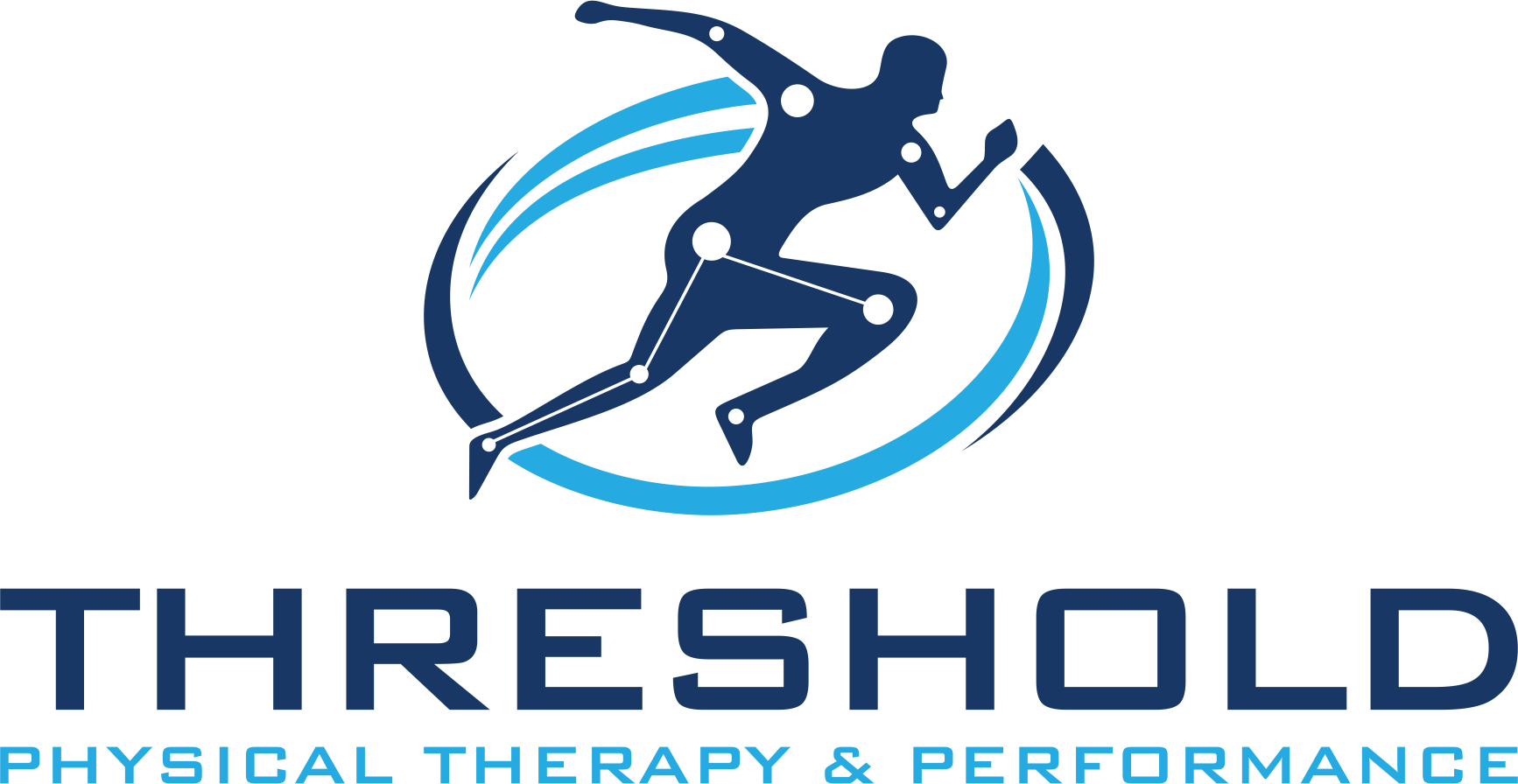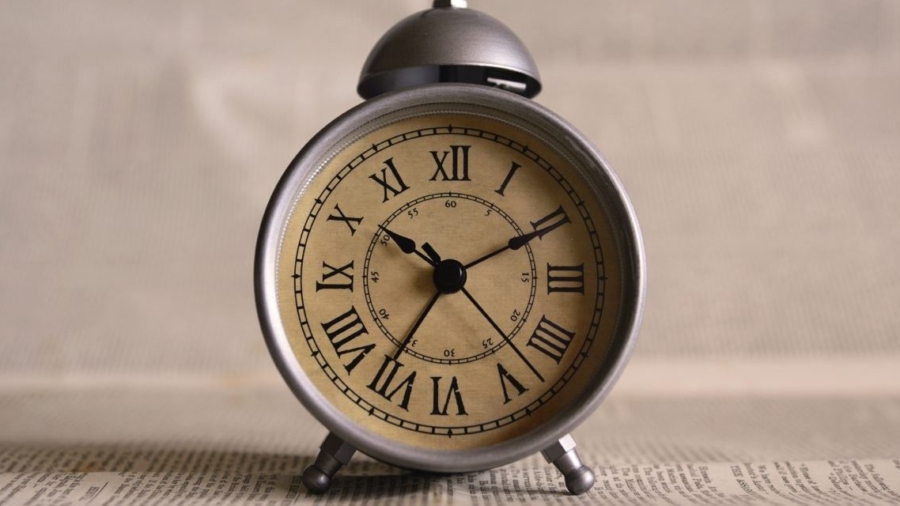Sleep and athletics. Athletics and sleep. We know that sleep is important. We know it is tied very closely to performance. We know that during sleep procedural memories are consolidated, immune responses are augmented, and anabolic metabolism is upregulated. There has even been a positive correlation with sleep duration and injury risk in adolescents…
Fifty-four studies were included (1997 – 2018) looking at sleep:
- the night of competition,
- the night before competition,
- with the effects of training schedules,
- with the effects of training load,
- with the effects of hypoxia or altitude,
- with air travel
- with the use of electronic devices
So, if we’re looking to achieve the highest attainable performance level when competing, we need to manage the factors that affect sleep and sleep quality as best we can.
After a hard night of competition? Athletes rarely achieve total sleep time and/or sleep efficiency recommendations the night of competition. This is often attributed to a delay in bed time, as well as increased circulating cortisol, sympathetic hyperactivity, elevated core body temperature, muscle pain/soreness, and post competition arousal.
Do the “nerves” get you? Regarding the night prior to competition, there was not consistent evidence from the systematic review to suggest sleep disturbances among athletes. It appears that there may be a subset who are more susceptible including individual athletes and those who compete in aesthetic sports.
Getting up early to train? Although athletes try to offset early morning training by going to bed earlier, this is rarely accomplished. Thus we see a reduction in total sleep time on nights prior to training when training commenced at or before 7:00am. The results indicate that most athletes go to bed about thirty minutes earlier, but get up about 90 minutes earlier resulting in a net sleep debt.
Pouring on the coal? It was found that training load increases greater than 25% were correlated with decreases in total sleep time and sleep efficiency. This is thought to occur secondary to increased circulating cortisol and sympathetic activity which may prevent the normal down regulation of the human stress systems.
Traveling high to compete? Exposure to high altitudes (over 2000m or 6500ft) and hypoxia had negative effects consistent with previous literature demonstrating lighter, more fragmented sleep. Interestingly, these are attributed to arterial desaturation (and thus a hyperventilatory response) and sympathetic hyperactivity.
How about traveling by plane? Both late night and early morning flights were found to negatively affect sleep. Interestingly, eastward travel found decreased total sleep time while westward travel provided increased total sleep time upon arrival. Eastward travel appears to be more disruptive to sleep.
What about the devices?? We know blue light can cause sleep disturbances and delayed bed time and reductions in total sleep time was been associated with electronic device use. However, a study looking to reduce electronic media use after 10:00pm did not improve sleep habits in high school athletes.
When we’re looking to promote of every possible advantage in competition, good sleep is an irrefutable component to focus upon. Knowing what factors may contribute to performance and how to modify these for success can be crucial.
Thanks for reading!

